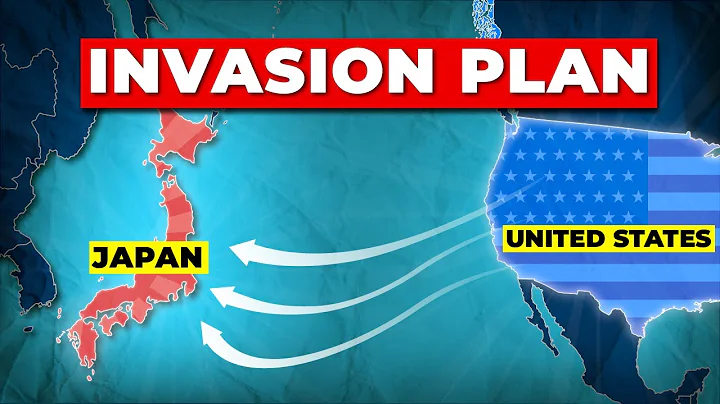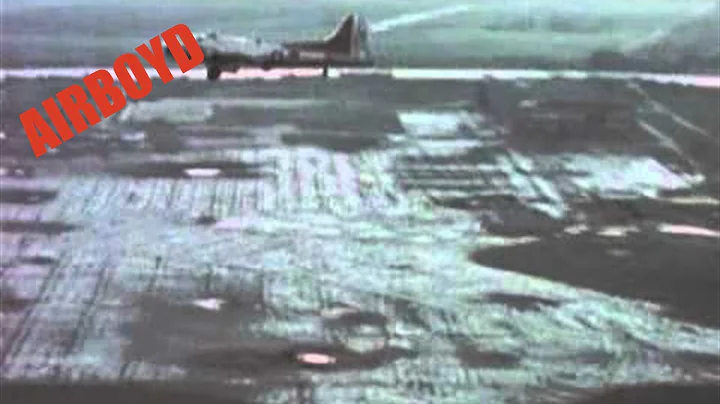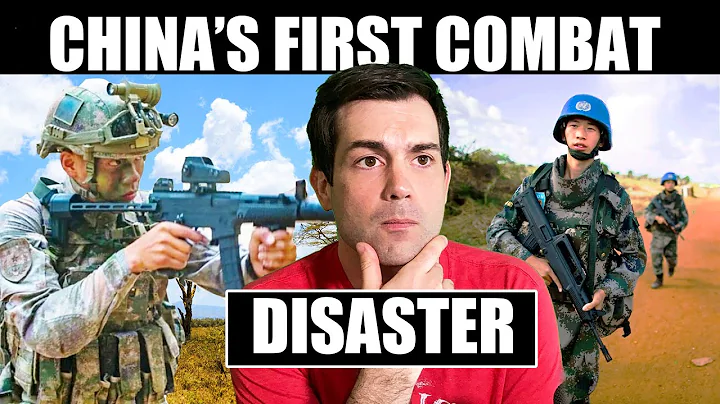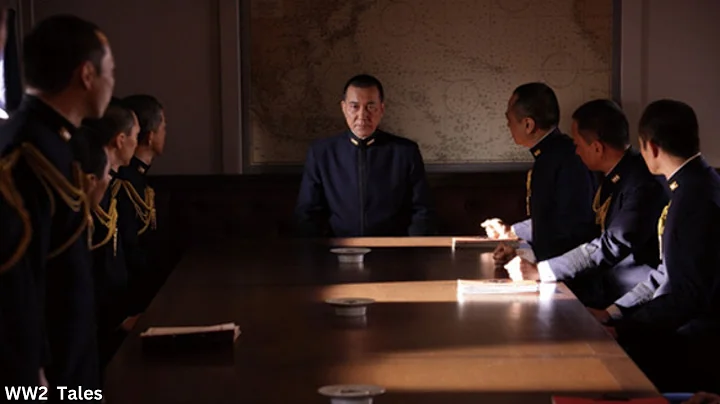When the Japanese army invaded Zhejiang in 1940, why did they airdrop food to rescue the victims?
In 1940, when the Japanese army invaded Zhejiang, my country, they took the initiative to airdrop food to the disaster-stricken people in Ningbo. Was it a sudden discovery of conscience, or was there another conspiracy behind it?

When talking about the Japanese invaders, I believe every Chinese son and daughter gnashes their teeth and hates them to the bone. After all, during the arduous fourteen years of the War of Resistance, countless patriots shed their blood behind the front lines in order to protect their homeland and expel foreign humiliation. The Japanese aggressors, who sacrificed their precious lives and brought bloody disasters to China, established their image as executioners with the " three-light policy " of killing everyone, burning everyone, and robbing everyone, and naturally became the object of contempt and hatred by everyone.
Under such historical conditions, it is difficult for anyone to believe that the Japanese would be kind enough to help the Chinese people, but this incredible scene did happen: On October 27, 1940, a Japanese fighter plane flew over Ningbo from a distance, The people below thought that the Japanese were attacking at their doorstep, and they all looked for bunkers to hide. However, the Japanese fighter planes just dropped a lot of leaflets and turned back.

The flyers were scattered on the ground. The common people boldly stepped forward to check and found that there were a lot of little people shaking hands and some foreign characters painted on them. Scholars who have studied abroad explained that the words written here are in Japanese, German and Italian. The Japanese said that they learned that Ningbo had just suffered a flood and that the people were displaced and had no food to eat. They felt very uncomfortable, thinking about themselves. There was still some food on the side, so we decided to use it all to help the Chinese people overcome this crisis, so as to maintain the Greater East Asia Co-Prosperity Sphere and promote common prosperity in the world.
Are Japanese people really so kind? The soldiers and civilians in Ningbo were talking a lot, but few believed it. In the past, the Japanese army invaded and trampled unscrupulously, and even ignored human life when they were in a bad mood. Now they actually offered to provide food aid. It is incredible to think about it. We must know that if they had not launched a war and used the war to attack the foundation of Ningbo, a small flood would not have put the local people in such a predicament. Many people thought this was a trick played by the Japanese, which may not be true, but a few days later the Japanese indeed sent fighter planes again. Not only did they not drop artillery shells, they also airdropped a large amount of supplies in Ningbo, almost all of which were white flour, rice and other grains. .

As the saying goes: It is better to be a peace dog than a person in troubled times. In peaceful times, every dog lives a happy life, but in troubled times, everyone lives in misery. Although the local leaders agreed that this matter was not that simple and asked the people to wait until the army had inspected and accepted the food before distributing it, the people who were already starving and crazy could not care about this. They were struggling to survive amid natural and man-made disasters. After finishing my last meal, I finally saw free food and immediately rushed in to grab it all.
The quality of these supplies is not good. The grains are old, mixed with hay and pebbles, and some rice bags even contain fleas bugs and mice. But at that time, Ningbo had just suffered a flood. The crops were submerged, and there was not much food left. A bag of rice was more valuable than an ingot of gold. The poor people were so hungry that they would even pick up the leftovers that others had thrown away. It was completely clean, not to mention the wormy rice noodles, so this situation was nothing. Those who grabbed the food didn't take it seriously. After all, as long as they had enough food at this time, no one cared about whether it was done cleanly, especially if it was sent by the Japanese. If the other party was really willing to send good food to the Chinese , then you are really dizzy.

When the Japanese army sent food to the Chinese victims, was it a sign of conscience or was it another conspiracy?
Although the quality of the food and materials airdropped by the Japanese army was mediocre, people in Ningbo still took them all home . Some families had already stopped eating and immediately took them out for washing and cooking. Some families still had some savings and put them away temporarily. One side serves as a food reserve.
The people here were full of joy, but the Kuomintang troops stationed there made a big discovery. When they saw the Japanese army airdropping food, a white mist followed the plane, spraying the rice and flour bags non-stop. A very small amount of the mist had not completely evaporated and decomposed and fell to the ground to form fine particles. Because they were worried about the Japanese, the Chinese soldiers collected these small particles and brought them back to the health center for professional research and testing. Doctors at the health center were very horrified after testing, because these particles carried a large number of viruses, the most abundant of which was plague molecules. The military leaders now also knew what the Japanese were up to. They pretended to drop aid supplies and did good deeds to improve their reputation and win recognition from the Chinese. In fact, they placed plague viruses in the supplies in the hope that they would be eaten. The common people in the food area were infected with plague , and then infected everyone, including the local garrison, so that Ningbo could be captured effortlessly.

The army quickly made the truth known to the public, but it was too late. Many people had already eaten the food and showed early symptoms of the plague. Local hospitals quickly organized personnel for treatment, but in the 1930s and 1940s, infectious diseases like plague were difficult to effectively control in a short period of time.
html Twelve days later, on October 29, 1940, Japanese fighter planes appeared again. Perhaps knowing that the Kuomintang army had announced the truth, they did not airdrop food pretentiously this time. spread white smoke directly outside the south gate of Jinhua County. , scattering numerous tiny light yellow particles. The Japanese army deliberately chose the day. It happened to be a rainy day. The particles fell to the ground and melted quickly, going deep into the ground and mixing with the soil. Moreover, the weather was cool and the temperature was low on rainy days, which generally lengthened the survival time of bacteria and viruses. When the sun comes out and the weather becomes clear, these bacteria will be mixed in the flying dust and inhaled into the lungs of people passing by, causing infection.
It is said that after a major disaster, there will be a major epidemic. People gather in environments with poor sanitary conditions. People with poor health can easily get sick. Once they get sick, they are easily infected, which will eventually lead to the spread of the epidemic. Local leaders were originally worried about an epidemic, but the Japanese intervened and directly introduced the plague virus, denying people a way to survive.
The army commander also knew that it was too late to recover food at this time. Now the bacteria had spread during the rainy season. The people in Zhejiang, whether they had eaten food dropped by the Japanese army or not, were People have been infected with the plague one after another, especially the hardest-hit areas of Ningbo and Jinhua, which have turned from prosperous cities in the past into run-down places. Everywhere you look, there are dying patients, and the people are suffering from poverty. The soldiers and doctors are heartbroken to see it, and they try their best to carry out the epidemic. Treatment, but there were too many sick people and no medicine, so the effect was very little. In just one day, more than a hundred people died in Ningbo, and some families were even infected and no one survived.

In order to curb the spread of the epidemic, the Kuomintang troops stationed in the local area took quite extreme measures. They gathered all the people infected with the plague together and kept them in isolation without allowing outsiders to come in contact with them. Plague patients were burned together, using strong fire to destroy the germs. Although this method is slightly cruel, saving lives is the most important thing in the face of a major disaster. This was the only method that could be used at that time. The plague spread too fast, and it was not easy to treat. Even now, there are no particularly effective treatments. Control can only be done in the early stages of infection.
Why did the Japanese army release the plague virus in Zhejiang? Were they punished?
In order to completely control the plague, the Kuomintang army gathered all infected people for cremation. They also lit a fire on November 30, 1940. The fire spread with the wind, covering a total radius of five miles and burning down houses. 137, and countless plague patients were burned to death.But even so, the plague virus has not been eradicated, because the crazy Japanese invaders will deliberately capture innocent civilians, inoculate them with plague and then send them back, or drive them to Ningbo and other places. If the captured people do not obey the command, the Japanese will secretly poison the wells.

The Japanese army had dropped bacterial weapons in Shanxi, Shandong and Yunnan and other places, but the scale was not as large as in Zhejiang. This was because the Japanese army occupied the southeastern coastal cities of my country at that time, and it was difficult to detect them at such close distances. The second reason was that Zhejiang is located at the outpost of the Eastern Battlefield and has a special location. After the plague, the Chinese military and civilians were severely affected, with countless victims and a significant reduction in manpower. This is also the potential reason why the Japanese invaders were able to move all the way south and quickly occupy many important towns and places in our country.
In fact, as early as the Geneva Conference held in June 1925, countries around the world jointly adopted an agreement that explicitly prohibited all participating countries from using bacterial weapons or biological and chemical weapons during the battle. Therefore, the Japanese army released the plague bacteria in China. It is illegal and not allowed. When Japan was defeated in 1945, China, one of the victorious countries, proposed to criticize and liquidate the Japanese army's illegal use of biological and chemical weapons to carry out germ warfare. Allied countries such as the Soviet Union, the United Kingdom, and the United States also agreed and issued the "Potsdam Declaration" Hold Japan accountable.

But I didn’t expect that the Japanese would actually find the United States as their backer. They colluded with the United States and dedicated all their research results on bacterial weapons to the other side. They also sent several 731 army researchers to the United States in exchange for the United States’ support. Give yourself some slack during the final judgment. The Americans agreed, and now their biological and chemical weapons research is the most advanced and comprehensive in the world.
In the end, the Far East Military Tribunal reported and prosecuted Japan for bacterial warfare. However, under the guidance of the United States, Japan successfully weathered the crisis. The biochemical weapons researcher "lurked" for a period of time and later became a medical expert. When he reappeared, his triumphant face was really infuriating and made people feel unworthy of the dead Chinese compatriots!
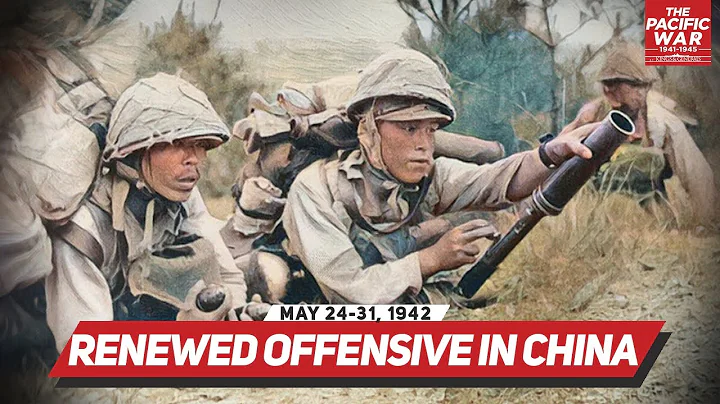

![[Pacific] Balance of Force & Operating Conditions in 1941 - DayDayNews](https://i.ytimg.com/vi/c1OOUuj3WTo/hq720.jpg?sqp=-oaymwEcCNAFEJQDSFXyq4qpAw4IARUAAIhCGAFwAcABBg==&rs=AOn4CLDPqxnUYzrHGbAi95cobCSDeJgfcA)




